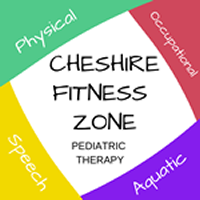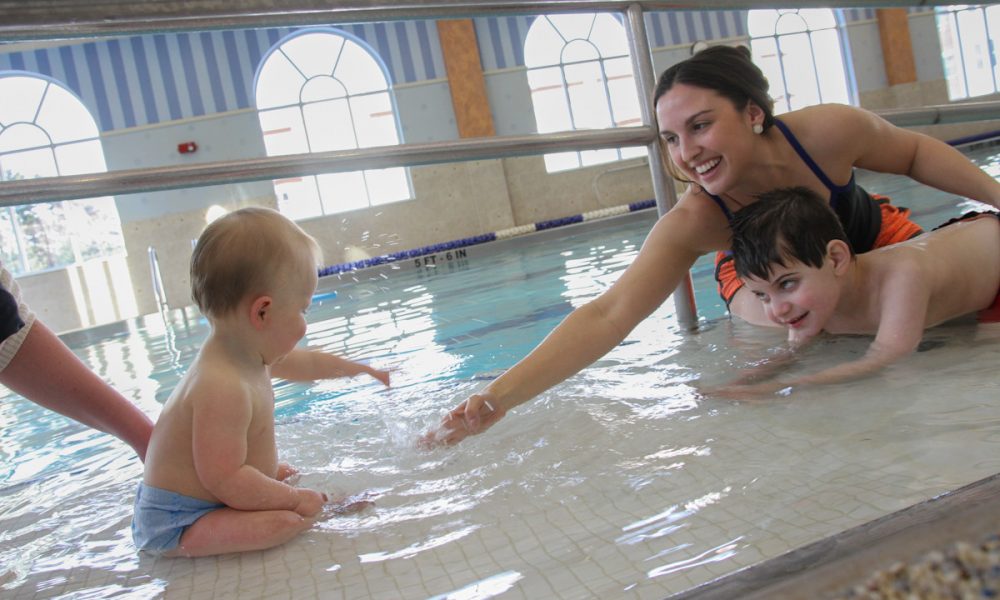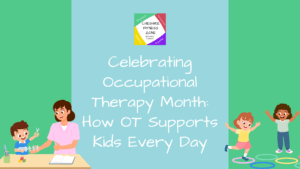Note: This blog is for informational purposes only and shouldn’t be used as a replacement for professional medical treatment or diagnosis from a pediatrician or other trained professional.
Low muscle tone, also known as hypotonia, is a condition marked by poor muscle strength, tone, and control. “Low muscle tone” isn’t a diagnosis or condition in its own right; it usually presents as a symptom of an underlying condition or developmental disorder in infants or toddlers.
If you’re concerned about low muscle tone in your child, keep reading to learn more and find information on treatments and therapies from Cheshire Fitness Zone in Connecticut.
Signs and Symptoms of Hypotonia in Children
Before receiving an official evaluation or diagnosis from a pediatrician, parents or caregivers might notice the following signs and symptoms of hypotonia:
- “Floppy baby syndrome,” or abnormal doll-like limpness
- Difficulty with breastfeeding
- Difficulty chewing
- Difficulty sitting upright without support
- Poor motor control
- Poor hand-eye coordination
- Poor reflexes
- Delays in reaching critical movement milestones (crawling, walking, etc.)
- General developmental delay
These symptoms may not necessary indicate low muscle tone, but if manifested for extended periods of time or in conjunction with one another, they may warrant an evaluation for a pediatrician.
Potential Causes of Low Muscle Tone
Low muscle tone may be caused by a number of different underlying conditions. Some of the most common include the following:
- Down syndrome
- Muscular dystrophy
- Sensory processing disorders
- Cerebral palsy
- Marfan’s syndrome
- Autism spectrum disorders
- And others
Treatment for Hypotonia and Low Muscle Tone
Prognosis and treatment for low muscle tone depends largely on the underlying cause or condition. In many cases though, occupational therapy, speech therapy, feeding therapy, and other interventions can help.
When addressed using occupational or other physical therapies, trained therapists will be able to build custom treatment plans that emphasize motor control, muscle strength, vestibular input for sensory processing, coordination, and overall fitness, depending on the specifics of each case.
Treatment options may include:
- Exercise utilizing a therapy ball
- Water-based exercises or hydrotherapy
- Functional activities designed to increase core stability and strength
- Play-based activities to develop balance and coordination
- Use of adaptive equipment
- Games and activities designed to improve upper body strength and extremity use
- And more
Treatment with Cheshire Fitness Zone in Connecticut
If your child has low muscle tone or has been diagnosed with an underlying condition, seeking treatment options can be difficult. Parents and caregivers in Connecticut can find help easily with Cheshire Fitness Zone. Check out the video below to get a taste of what PT is like at our facility.
Cheshire Fitness Zone has been offering pediatric therapy and exercise programs for kids with special needs since 1994. Physical therapists at Cheshire Fitness Zone create specialized programs that work to target specific issues and provide kids with the abilities and confidence to achieve lasting fitness throughout their lives.
To learn more by contacting us by phone or filling out the form below.



